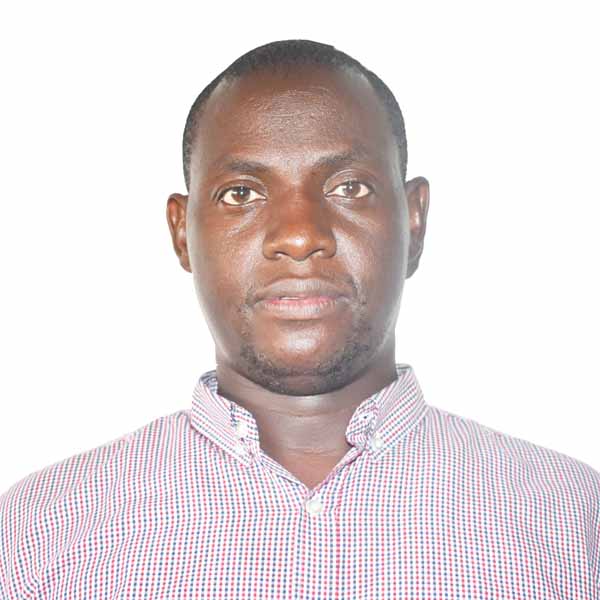CONTRIBUTORS

Alypio Nyandwi
Project Officer
By Allan Musumba, Alypio Nyandwi and Florence Sipalla
On 7 June, APHRC convened a four-day workshop for grantees under the Joint Programming Initiative on Antimicrobial Resistance (JPIAMR). The Center is the fund manager on behalf of the Swedish International Development Cooperation Agency (SIDA) for thirteen projects in eighteen African partner institutions. The workshop aimed to strengthen research, grant development and management capabilities in various focus areas. Additionally, the workshop sought to provide a platform to discuss the trends and emerging issues in Antimicrobial Resistance (AMR), identify existing gaps in the implementation of the JPIAMR projects in the African partner institutions, showcase and discuss ongoing 2020 JPIAMR projects in Africa, build collaborations and strengthen networking within the AMR specialists and review institutional annual action plans for the JPIAMR projects.
During the opening remarks, Dr. Catherine Kyobutungi, Executive Director at APHRC, said, “I commend the partnership between SIDA, APHRC and the various African institutions gathered here to tackle Antimicrobial Resistance through research.” Additionally, she demonstrated how the JPIAMR partnership aligns with the Center’sCenter’s vision and mission. From SIDA, Dr. Markus Moll said, “The Swedish International Development Cooperation Agency is committed to combating AMR in Africa. Our financial and technical support to JPIAMR projects is derived from our research cooperation strategy, which seeks to strengthen the research of high quality and relevance to poverty reduction and sustainable development.”
The workshop adopted various modes of interaction, such as plenary sessions and group discussions, to achieve the workshop objective. The team engaged 52 participants in the plenary sessions through project governance and management. They were shown how research activities should embrace and follow the project governance and management cycle. Moreover, they were shown how transparency and consistency in project governance and management build confidence and predict good research outcomes.
On project sustainability, continuity, and upscaling considerations, participants were encouraged to consider their JPIAMR grants more than projects to be implemented and concluded within three years. Instead, these projects should serve as start-ups for their institutions to expand their scope in research activities, collaborators, and networking to mobilize more research funds.
During the community engagement, communication and dissemination of research project outputs, Grace Kibunja reminded workshop participants that the ultimate goal of the research is to generate data, inform changes or innovations, and make an impact. The Advocacy Manager, APHRC demonstrated that this is only possible when researchers manage to make their research findings known and disseminated for subsequent use by beneficiaries, policymakers and different target groups.
Prof. Sam Kariuki, Director General at Kenya Medical Research Institute (KEMRI), made a keynote presentation on global trends in Antimicrobial Resistance. He presented some data from AMR surveillance in Kenya, described the status of AMR in Africa and discussed challenges encountered in implementing existing national action plans for combating AMR on the continent. “Antimicrobial Resistance is increasingly becoming a global threat with lower and middle-income countries (LMICs) being the most affected.” He also noted that, in LMICs hospitals, many untreatable infections were because of AMR, especially for patients under long-term treatment and care. AMR is increasingly becoming an issue in LMICs because there are limited treatment options when the first, second and third lines of antimicrobials fail.
“Lack of data on antimicrobial use is a huge gap hindering efforts to prevent and control AMR in Africa,” said Dr Evelyn Gitau, Ag. Head of Research and Related Capacity Strengthening Division, APHRC “This is attributed majorly to poverty because of the lack of necessary tests as most antimicrobials are prescribed empirically without testing to ascertain if it is necessary to treat with antimicrobials.” In his conclusion, he stated that all initiatives to combat AMR should be comprehensive, aligned with one health paradigm, and observe all the five major objectives of the global action plan of AMR.
The workshop concluded with an evaluation where most of the participants expressed their satisfaction with the attainment of workshop objectives. Communication, collaboration, networking, teamwork, and risk management were key takeaway topics of the workshop cited by participants.